Brad Lundahl, Chelsea Kunz, Cynthia Brownell, Derrik Tollegson & Brian Burke (2010)
A Meta-analysis of motivational interviewing: Twenty-five years of empirical studies. Research on Social Work Practice, Vol 20, Issue 2, p 137-160
Check out the images and videos below for our highlights from this article. Leave a comment and let us know how you may apply this research in practice.
Introduction
Motivational interviewing is both a philosophy and a collection of techniques.
Method
Results
The variation:
25% of studies found the effect size was below zero i.e. MI was as effective or less effective than other treatments.
50% found a small effect size.
25% of studies found a moderate effect size
Other Implications for Practice
Use if ...
- The study found that when MI was compared with "strong comparison" groups, MI may be more effective for older clients. The author's noted that the client should be over 12 years of age due to the abstract reasoning required in the intervention.
- They also found that MI may be more effective for clients from minority ethnic groups and suggested that this may be related to the client-centred and empowering approach which may be valued in communities that may be disenfranchised.
- Finally, MI was found to take approximately 100 minutes less than other interventions, yet had comparable outcomes so there may be a time/cost benefit to using MI.
Also ...
- Group therapy appeared to dilute the effectiveness, so clinicians should include individual sessions as well if looking to enhance motivation for treatment or behaviour change.
- Using a manual may DECREASE effectiveness. This is consistent with prior research (Hettema et al, 2005) and may be due to manuals interfering with the client-centred approach.
- The timing of pure MI may be more helpful when used as a pre-lude to other standardised treatment.
- Comparatively, MI + Feedback (known as Motivational Enhancement Therapy) may be a stand alone or additive to structured treatment.














